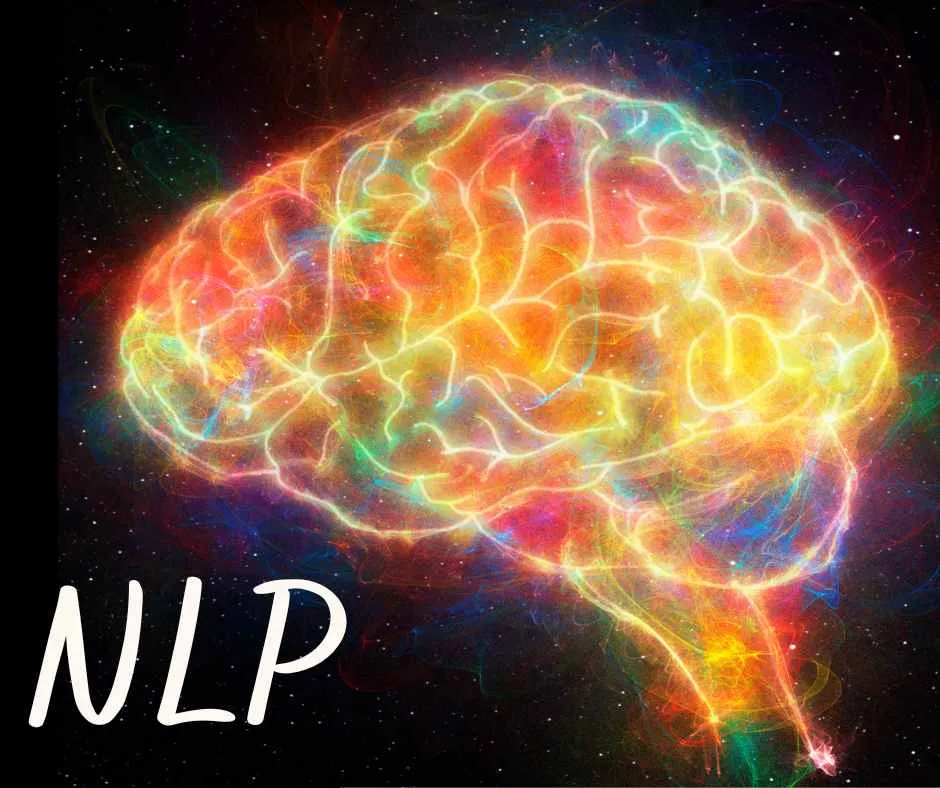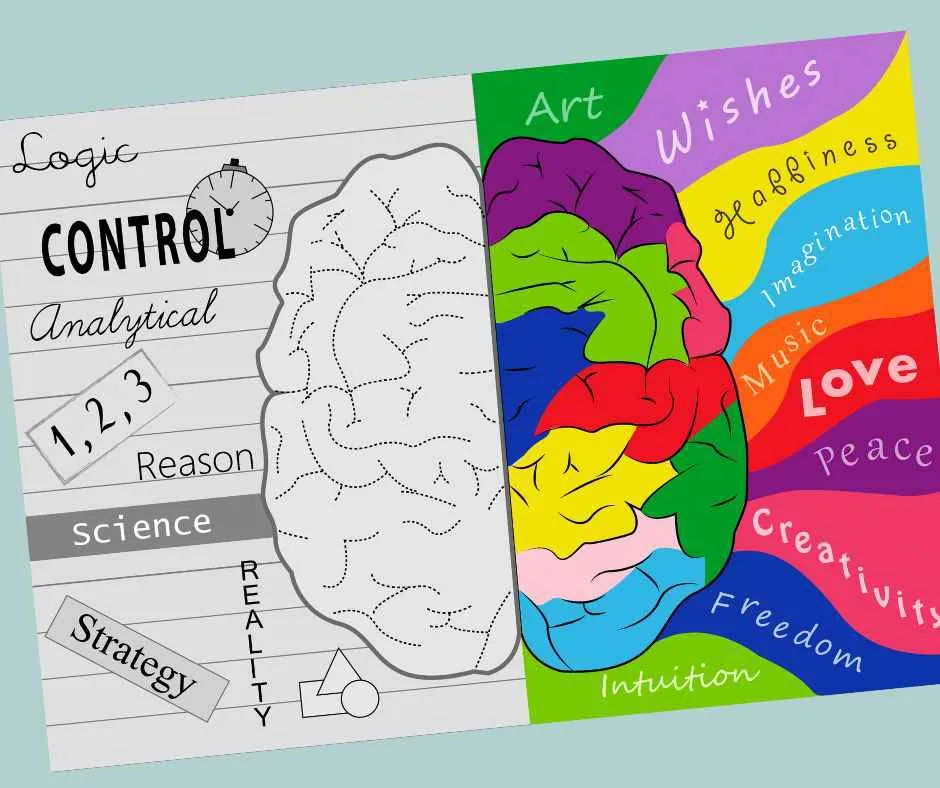Neuro-Linguistic Programming (NLP)
The idea behind NLP is that the way we see our beliefs, values, attitudes, and how we process information shapes our world. By changing the way we think and communicate, we can change our experience of reality and achieve our goals. That sounds powerful, right?
By studying how the brain, language, and behaviour relate to each other, NLP practitioners help people with personal and professional development. It might sound complicated, but it’s all about changing the way you think and communicate to improve your life.

NLP is a practise I use to help my clients feel better. On this page, we’ll look at what NLP is, how it functions, and the advantages of using it. Plus, I'll discuss how it aided my client Mark* (not his real name).
How does NLP work?
NLP includes lots of techniques that can help you change the way you think and feel, like building trust, looking at things in a different way, making connections, visualising things and even hypnosis.
One of the key ideas of NLP is that everyone has what they need to succeed already inside them. NLP practitioners help people identify what they want to achieve and work with them to develop the skills and strategies they need to get there.
We use a range of techniques and tools to help our clients achieve their goals, including visualization, anchoring, reframing, and pattern interruption. We design these techniques to help clients change their thought patterns, emotions, and behaviours to overcome obstacles and achieve their desired outcomes.
What can NLP be used to treat?
While NLP has its share of supporters and detractors, the practice has helped many people achieve their goals and overcome obstacles in many areas of their lives, including psychotherapy, coaching, education, business, and sports. It has helped people with many things, including:
-
Overcoming fears and phobias
-
Overcoming depression
-
Managing stress and anxiety
-
Achieving success in various areas of life
-
Improving communication and relationships
-
Overcoming addiction
-
Building confidence and motivation
Benefits of using NLP in life coaching
Mental health challenges like chronic stress and self-doubt can make it tough to live a fulfilling life. Sometimes traditional therapy methods don’t work, and people lose hope. That’s where NLP comes in. NLP is a way to change negative thought patterns by looking at language used to describe their experiences. This helps people make positive changes to their behaviour and emotions.
Mark is an example of someone who struggled with chronic stress and self-doubt. He tried traditional therapy methods, but nothing seemed to help. Then he tried NLP, and everything changed. Using NLP techniques like timeline therapy and the swish pattern to help him identify and modify his negative thought patterns. Mark's transformation wasn't easy. He had to face some difficult emotions and confront past traumas. But he was able to work through these challenges and come out stronger on the other side. In the end, Mark was able to achieve great career success and a happier, more fulfilling life.
Benefits of using NLP in psychotherapy
NLP can also be used in psychotherapy to help you overcome trauma, manage anxiety and depression, and improve your communication skills.
One of the most important aspects of NLP is the focus on personal responsibility and empowerment. NLP practitioners believe individuals have the power to change their own lives and that they can achieve their goals by taking ownership of their thoughts, emotions, and behaviours. This approach can empower individuals who may feel stuck or helpless in their lives.
What are the origins of NLP?
NLP was created by Richard Bandler and John Grinder in the 1970s. They studied successful therapists and analysed how they talked and acted to help their clients.
They believed that by understanding how people think, feel, and behave, individuals can achieve personal excellence in many areas of life, like relationships, communication, business, and personal growth.

Is NLP safe to use?
NLP is safe when used responsibly and under the guidance of a trained practitioner. But, like any therapeutic or self-help technique, there may be risks or limitations to consider.
It is worth noting that NLP should not be used as an alternative to professional medical or mental health care.
It is important to work with a trained NLP practitioner who can tailor the technique to your individual needs and goals. It is not advised for those that suffer from psychosis or severe depression, as it may make their symptoms worse.
How do I get started with NLP?
Consider exploring the benefits of NLP by contacting me for a 30 minute free consultation. We can discuss whether it is the best solution and how we can integrate it into a bespoke coaching/psychotherapy programme, designed just for you.
Whether you are looking to overcome a specific issue, improve your relationships or communication skills, or achieve your career goals, NLP techniques may help you get there.
I help you to help yourself...
In-person
Focused one to one sessions which make you the centre of attention. It's all about you and I'm here to make you feel as comfortable as possible...
Phone or video call
Prefer not to meet in person or too far to travel?
Schedule a one to one call with me either on the phone or Zoom video call and I'll take you through the process as if you were in the room.
Virtual group
Join in with other like-minded souls on the same journey of transformation who are as hungry as you to start living their best lives...
Copyright © 2023 Jo Newlands. All rights reserved
Address
Perthshire, Scotland PH6
